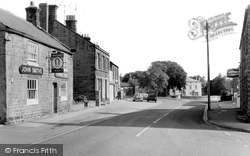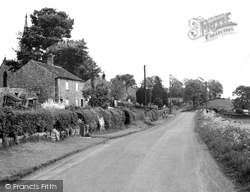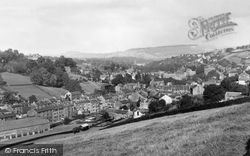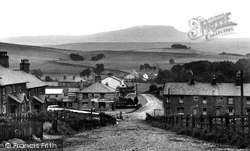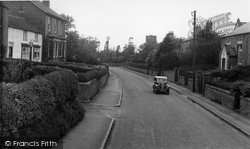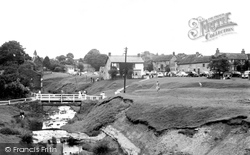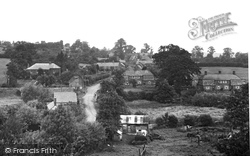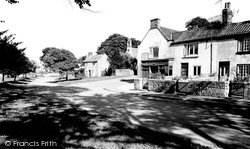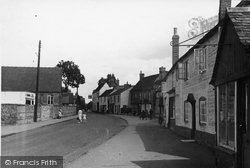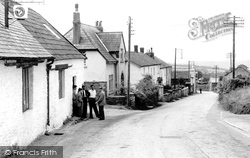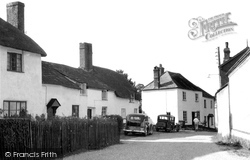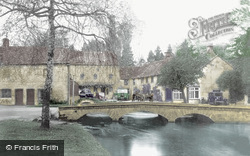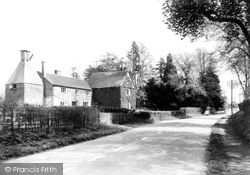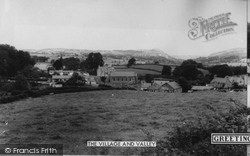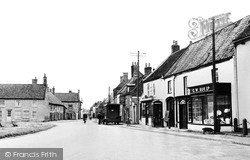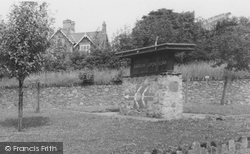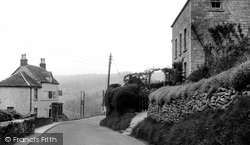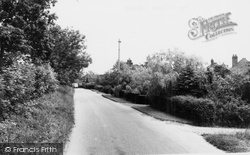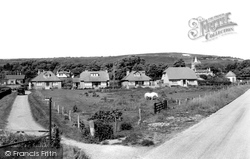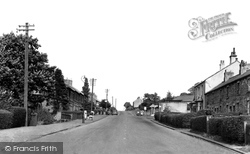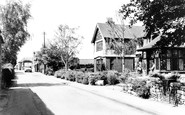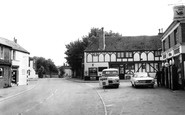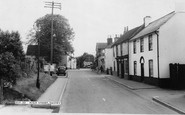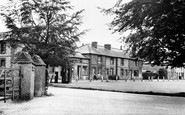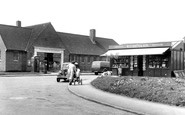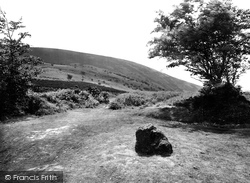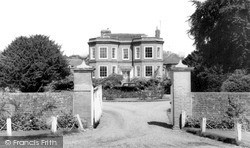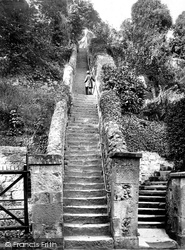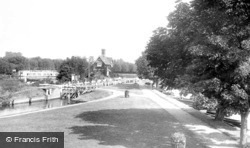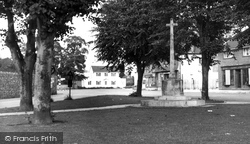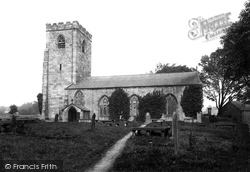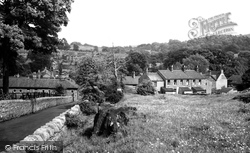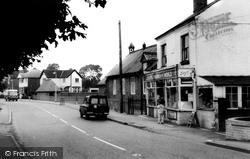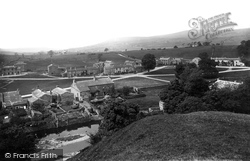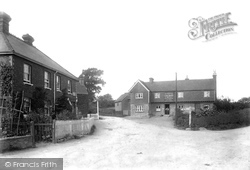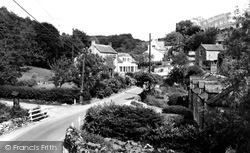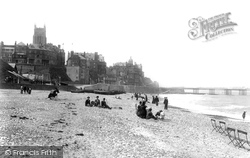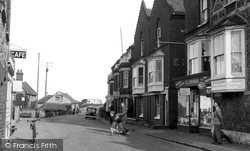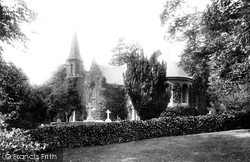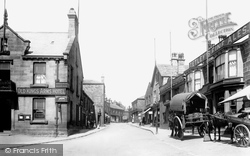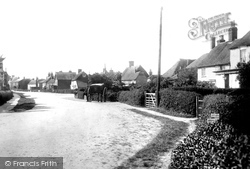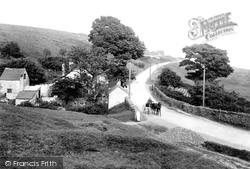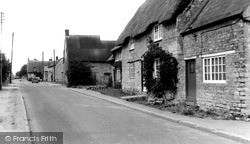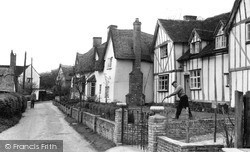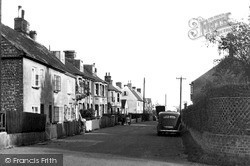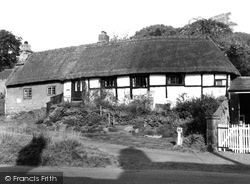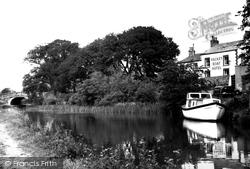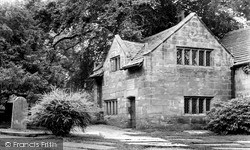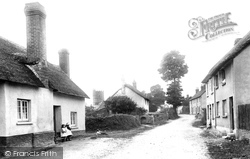Places
5 places found.
Those places high-lighted have photos. All locations may have maps, books and memories.
Photos
9,649 photos found. Showing results 1,841 to 1,860.
Maps
18 maps found.
Books
13 books found. Showing results 2,209 to 13.
Memories
4,612 memories found. Showing results 921 to 930.
Country Memories
I was born at Caroland Close and then moved to Bridge House next to John Childs garage; in those days owned by my grandad, Mathew Ward, where my mother worked in the office. My cousins lived nearby and great fun was had in ...Read more
A memory of Brabourne Lees in 1955 by
Old England Hotel And Mr Pike
In the mid and late sixties my family would travel from Glasgow to Kent every summer to visit relatives. Our overnight stop was always at the Old England Hotel and I have fond memories of walking round the ...Read more
A memory of Sutton on Trent in 1966 by
My Mother Was Evacuated To Buckinghamshire Twice!
Britain declared war on Germany in September 1939, and this country's involvement in the Second World War began. German air-raids and gas attacks were expected imminently, and many children ...Read more
A memory of Princes Risborough in 1940 by
The Cross
Most of the names state the obvious. This is an important crossroad. Turn right to go to Mill Green along Mill Lane. Turn left to go to Vye's Stores (pre-1960) and then to the Church in Church Lane or down Brook Lane, where we assume the ...Read more
A memory of Eastry by
Mixture
The quaint older houses on the right now faced new bungalows to our left, and on our left is another walkway to the primary school. Now Jimmy came to live in one of the bungalows and then he came to our school when he was about 10. He was from ...Read more
A memory of Eastry by
Those Were The Days
I was born in the home of my grandparents John and May (nee Hulse) Yeomans in Mere Road, my mother being the former Kathleen Yeomans. My immediate neighbours on either side were Jack and May Platt and family ...Read more
A memory of Weston in 1940 by
Life In The Village Shop 1944 To 1955
I moved in with my parents (Mr and Mrs Saffin), towards the end of the war. The Canadians were stationed in the huge houses dotted around the village - I was only 10 at the time but I remember the Canadian ...Read more
A memory of Woldingham in 1944
Ten Happy Years
I moved to Watchfield in 1940 and left in 1950. My dad, Mr Woolman, worked for the army and had his office in Homelees Farm in the camp. What a change has taken place at Watchfield. Gone are the places we could play in safety. The ...Read more
A memory of Watchfield in 1940 by
Nuxley Village
I was born in Croft Close 1961, at the top of Osborne Road. I decided today to have a look back at the area. I remember the Old police station which was turned into the driving school, I can remember my journey from Croft Close to go ...Read more
A memory of Belvedere in 1965 by
Mayford Days
My friends and I would spend hours at Mayford Park in the 80's. We would sit in the field smoking our silk cut and sipping cider. Also went to Brownies and Guides at Mayford village hall and had my 21st birthday party here too. Happy, happy days.
A memory of Mayford by
Captions
5,016 captions found. Showing results 2,209 to 2,232.
High on the hill above the village from which it takes its name lies the Triscombe Stone.
The partly Tudor Manor House is at the crossroads in the centre of the village, but at the east end is an equally fine house, Missenden House.
The Village c1955 Buried in the churchyard lies the poet and intellectual rebel Algernon Charles Swinburne, who died in 1909.
Goring-on-Thames is famous for its rather complex series of locks and weirs which are designed to control the river's water level and allow the passage of pleasure craft.
This is a tranquil scene showing Angmering Green, where lime trees were planted during the first decade of the 20th century, and a war memorial was erected in 1920.
Stone from Waddington Fell was used to rebuild the church of St Helen in 1901. Only the tower of the old church remains - it dates back to c1500. That too was built from Waddington Fell stone.
Quarrying and textile industries are still carried on here, but for centuries the villagers were mainly workers on the land. Chatburn ran a Friendly Society, or Blanket Club, in about 1750.
Willow Cottage is still trading, although the proprietor is no longer P A Jones.
We are looking down on the village from the site of a Roman camp. The old Roman road drops steeply down onto the green, via a bridge over the short river from Semer Water, two miles away.
Dunk's Green 1901 Some fine stone and brick cottages and an oast house stand along the road leading towards Mereworth Woods near the village centre of Plaxtol, on the edge of the Ragstone Ridge
Cranham has not suffered too much at the hands of unsympathetic development over the years, partly because it is situated in a steep valley and surrounded by dense woodland.
Once Cromer and Sheringham became popular as holiday destinations, the Runtons (the villages between the towns) enjoyed the benefits of the overflowing holiday trade.
Once Cromer and Sheringham became popular as holiday destinations, the Runtons (the villages between the towns) enjoyed the benefits of the overflowing holiday trade.
Edward Blore also rebuilt the medieval chapel in brick in 1841. The church is away from the present centre of the village and relates more to Latimer Park.
This is the old heart of the village. The old King's Arms opened in 1749, and opposite is the Black Bull, dating back to 1758.
The broad street of the village, with its grass verges, is lined with brick and weatherboarded houses.
Standing 533 metres above sea level, this hill is made up of a stone known as dhustone (from the Welsh word 'dhu', meaning black).
The village expanded after World War II and this view along Moorend Road is an interesting example.
This photograph was taken from the village hall looking towards the Street. The man on the left is standing in front of Leys, a medieval hall-house with a jettied wing.
The first of this row of Victorian cottages has the original name, Fern Cottage, painted on the glass fanlight. An ice-cream tricycle stands outside Row End (centre).
The Bible tells us that we should build our houses on rock and not sand – and all the oldest cottages in Burton sit perched on outcrops of sandstone.
This peaceful view shows the Lancaster Canal as it passes through Bolton-le-Sands. The canal arrived here in 1797, and transformed the village into a town.
Built in St Mary`s churchyard in the late 17th century with an endowment from Thomas Deane de Parke, this building educated the village boys until early last century.
Colaton dates from at least Saxon times, and it was a royal manor at the time of the Domesday Book.
Places (5)
Photos (9649)
Memories (4612)
Books (13)
Maps (18)




